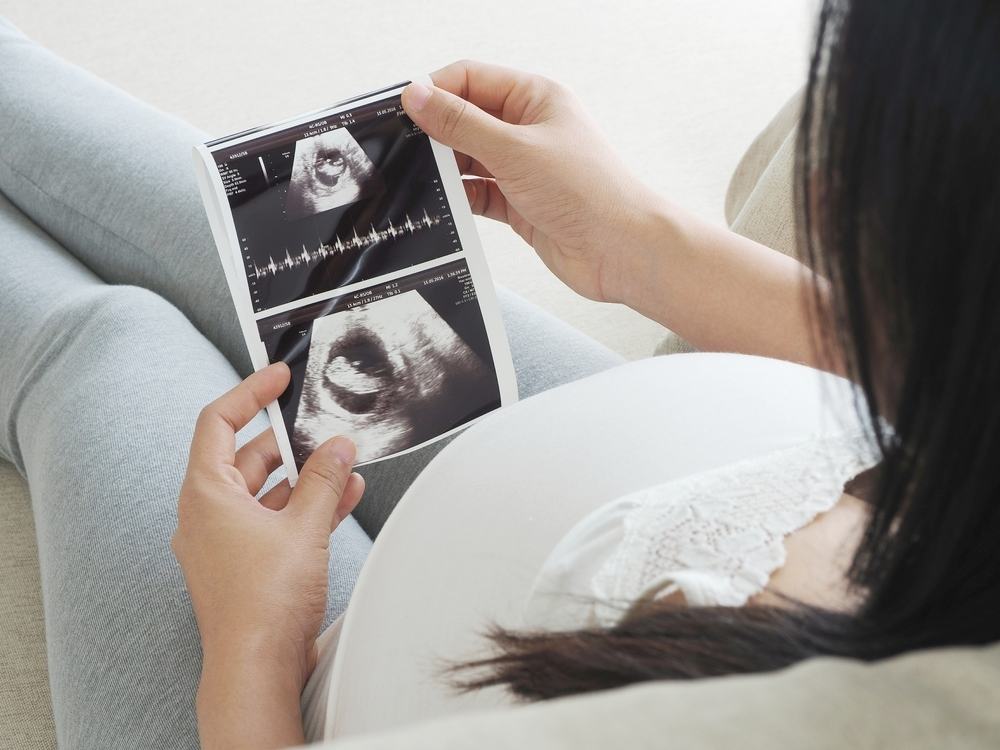Contents:
- Medical Video: How to Prevent Miscarriage in Early Pregnancy - Early Pregnancy Symptoms
- Is it true that first pregnancy is prone to miscarriage?
- What causes a miscarriage to occur in the first pregnancy?
- Chromosomal abnormalities
- The condition of the mother's uterus is weak
- Attachment of fetal candidates does not occur correctly
- Mother did not know that she was pregnant
- Infection
- Is my chance to get pregnant still big after a miscarriage?
Medical Video: How to Prevent Miscarriage in Early Pregnancy - Early Pregnancy Symptoms
Miscarriage is certainly painful for every prospective mother. However, it does not mean it is a failure. After a miscarriage, you can still have a pregnancy again. Miscarriage is a common thing and can happen to anyone. Maybe you feel the first pregnancy is more prone to miscarriage. But, this does not necessarily happen to every mother.
Is it true that first pregnancy is prone to miscarriage?
Often, you may hear that miscarriages are more prone to occur during the first pregnancy. However, in fact this does not apply to all pregnant women. Pregnant women are at risk of miscarriage or not, this depends on the condition of each pregnant woman. In fact, miscarriages occur without knowing what is the cause, in women who are pregnant for the first time or women who have been pregnant and have multiple children.
Miscarriage is very natural. In fact, according to a miscarriage study can occur in every 1 in 5 pregnancies. Pregnant women are very likely to have a miscarriage before the pregnant woman realizes that she is pregnant. Indeed, this miscarriage usually occurs early in pregnancy, it could be before you do a pregnancy test. Most miscarriages occur within the first 12 weeks of pregnancy.
What causes a miscarriage to occur in the first pregnancy?
Many factors can cause miscarriages. Not infrequently, doctors do not know what causes pregnant women to miscarry. Further tests may be needed to find out this. However, miscarriages generally occur due to the condition of the mother's body and the condition of the fetus that does not support pregnancy develops.
The following are some of the common causes of miscarriage.
Chromosomal abnormalities
This is the most common cause of miscarriages. Between 50% and 70% of miscarriages in the first trimester are caused by chromosomal abnormalities in an egg that has fertilized sperm. Eggs or sperm have the wrong number of chromosomes, so that the fertilized egg sperm cannot develop normally.
The condition of the mother's uterus is weak
The weak condition of the mother's uterus can make the fetus unable to grow properly and eventually miscarriage. The weak condition of the mother's uterus can be caused by an irregular shape of the uterus or a weak cervix of the mother that does not allow the fetus to develop. A weak cervix also causes the mother's uterus to not be able to resist pregnancy, resulting in miscarriage. Miscarriage because this usually occurs in the second trimester.
Attachment of fetal candidates does not occur correctly
After the egg is fertilized with sperm, the egg must stick with the uterus on the mother's uterine wall. So that the fertilized egg can develop into a fetus. However, if the egg does not stick properly, the egg cannot develop and eventually a miscarriage occurs.
Mother did not know that she was pregnant
One in five pregnancies can end in a miscarriage before the gestational age reaches 20 weeks. However, many women also experience a miscarriage before they know that they are pregnant.
A woman who does not know that she is pregnant may not care about the condition of her fetus. Yes, because he did not know that there was a fetus in his stomach. As a result, the fetus may get less nutrition from the mother. Researchers have also found that a deficiency of vitamins D and B can increase the risk of miscarriage.
Infection
Some serious infections, such as rubella, herpes simplex, chlamydia, and others can affect fetal development and result in miscarriage. Therefore, it is recommended that you plan to get pregnant so that you first check with your doctor and complete your vaccination before becoming pregnant. So that this infectious disease does not appear when you are pregnant.
Is my chance to get pregnant still big after a miscarriage?
Women who have had a miscarriage may feel more worried about having a miscarriage in the next pregnancy. However, that does not mean women who have miscarried can not get pregnant again or will miscarry again. You can still get pregnant again and maintain your pregnancy until the baby is born. At least 85% of women who have miscarried can have a normal pregnancy until they have given birth to their babies. Keep trying!












